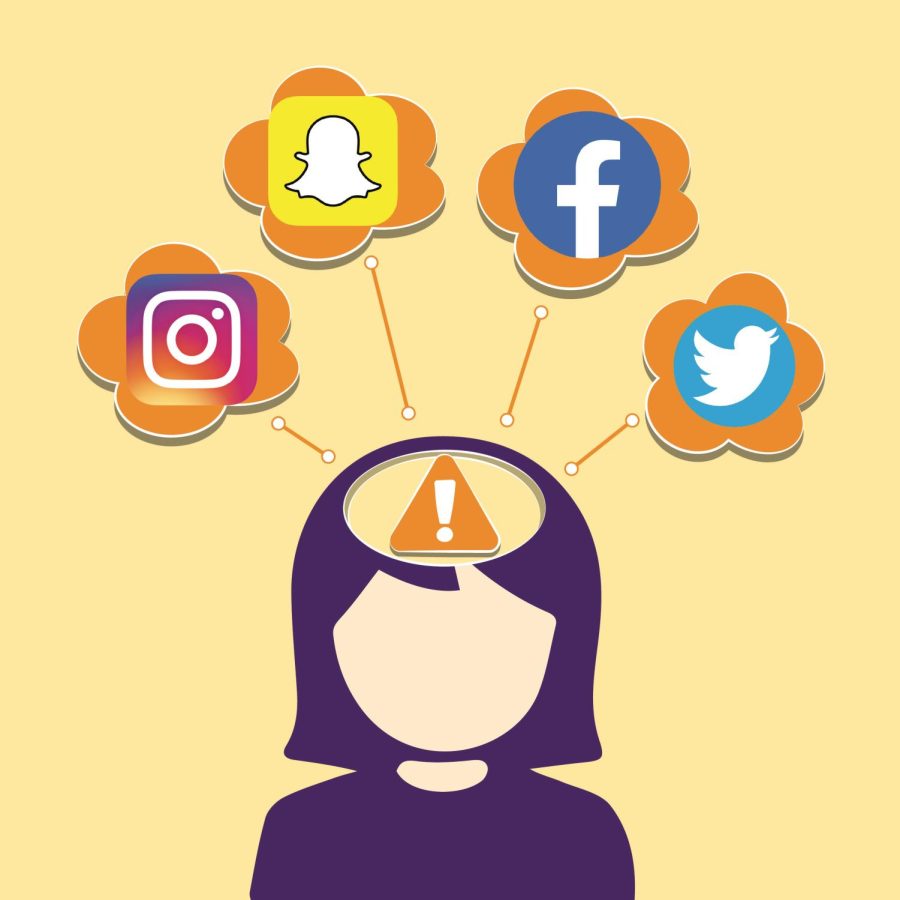Social Media Perpetuates Toxic Behavior in Youth
These days, you’re likely to spot a teenager glued to their phone nearly anywhere you go. We are all guilty of it; we spend more time than we’d like to admit on social media platforms. For young teenagers, though, whose sense of self-esteem is easily impressionable, the very apps we all know and love may be doing more harm than good.
The fact that apps like Instagram are addictive to teenagers has been well-established. What is increasing in controversy, however, is the harmful effect these apps have on teens’ mental health. Scarier still are the companies backing these sites; they seem to be aware of the problem they’re creating and are feverishly doing all they can to sweep it under the rug.
Earlier this month, senators in Washington, D.C. criticized a Facebook executive over their handling of internal knowledge regarding how Instagram (owned by Facebook) is harmful to teens. More specifically, Facebook executives were accused of concealing these negative findings from users and were called upon to make a statement. These sentiments were spurred by a series of articles published in the Wall Street Journal that proved Facebook was aware of the maladaptive effects its apps have on young teens.
The research in question suggested that peer pressure generated by such a visually-focused platform led to mental health and body image problems, such as eating disorders and suicidal thoughts in some users.
Despite Antigone Davis, Facebook’s head of global safety, assuring lawmakers that Facebook cares deeply about the population using their apps, senators are not convinced.
“I don’t understand how you can deny that Instagram is exploiting young users for its own profit,” says Senator Richard Blumenthal (D-Conn.).
It is hard to deny that Instagram is an extremely toxic platform, especially in terms of its effects on self-esteem and body image. The app is centered around sharing visuals, which young teenagers, especially young girls, can very easily compare to their own bodies and experiences. Although many mental health campaigns reinforce that comparison is harmful, it can be difficult for a vulnerable teenage girl to self-monitor this habit when so many photos are doctored.
Instagram has made some minimal efforts to combat this. For example, they added an optional “hide like count” feature for users to enable on their posts, which prevents followers from seeing the total number of likes the post received. This is a beneficial step for users who may feel embarrassed about their posts’ engagement, in turn deeming themselves insufficient. There is another option to disable the like counts for all posts the user is seeing. Speaking from personal experience, this feature has been helpful in limiting the instinct to compare. Without other users’ like counts being on display, you’re less likely to focus on your own engagement, and therefore less likely to feel self-conscious about your Instagram content.
However, Instagram’s recent growth into a more monetized industry undoubtedly has harmful effects on teenagers. The last couple of years have given rise to social media influencers, or people who post content on social media to a mass following, typically including brand deals and product advertisements. While this business model has been effective for many companies and some influencers, it reflects poorly on the mental health of said influencers’ followers.
Take Charli D’Amelio, for example, who is adored by millions of teenage boys and girls. D’Amelio has a massive following across social media platforms, and has secured several lucrative brand deals. D’Amelio’s followers view and interact with her photos, but it can be easy for young users to forget that her photos have been taken and edited by professionals to maximize her engagement. Therefore, an influencer that was once a relatable role model for teens transforms into an unattainable beacon of comparison.
The monitoring of every single social media user is a near impossible task, and of course, companies can not act in everyone’s best interest. However, neglecting an obvious problem in order to benefit your company is a serious fault, especially when it is at the expense of impressionable children and young adults. It is time to hold these companies accountable for their selfish endeavors and encourage meaningful change. The success of a social media app is a lot less important than the mental well-being of society’s youngest members.
Mia Pollack, FCRH ’23, is a psychology and journalism major from Fairfield, Conn.








































































































































































































